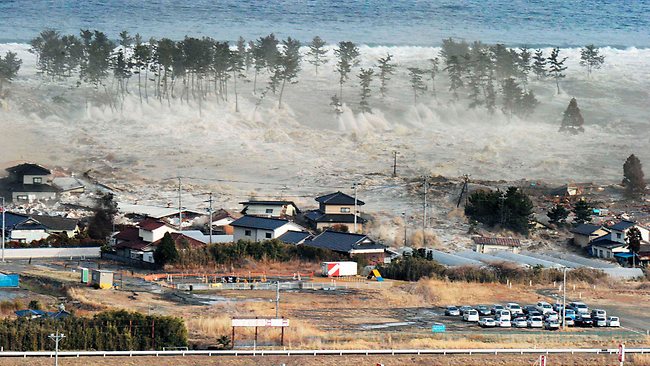Japan Revolutionary Communist League (JRCL)
National Council of Internationalist Workers (NCIW)
March 17, 2011
On March 11, at 2:30 PM (JST), the tremendously powerful earthquake of magnitude 9 hit the vast area of Eastern Japan, comprised of Northeast and Kanto regions. The earthquake gave rise to the formidable tsunami, and the latter devastated numerous cities and towns all along the Pacific coast from the northernmost prefecture of Aomori to the southern Chiba prefecture. At the time of March 17, the number of deaths and missing persons is already close to 20,000, and the number continues to increase.





